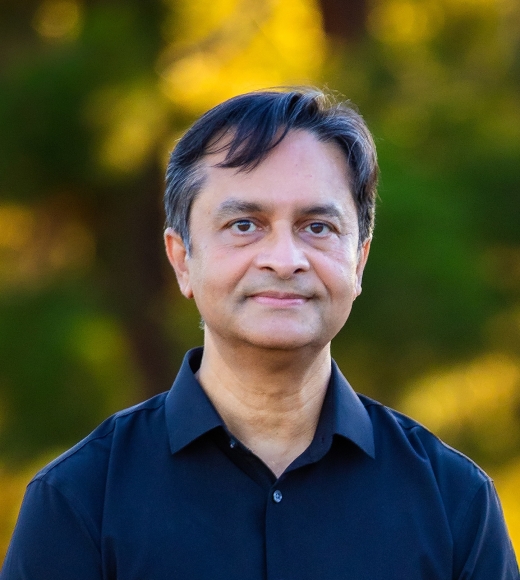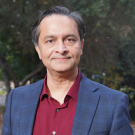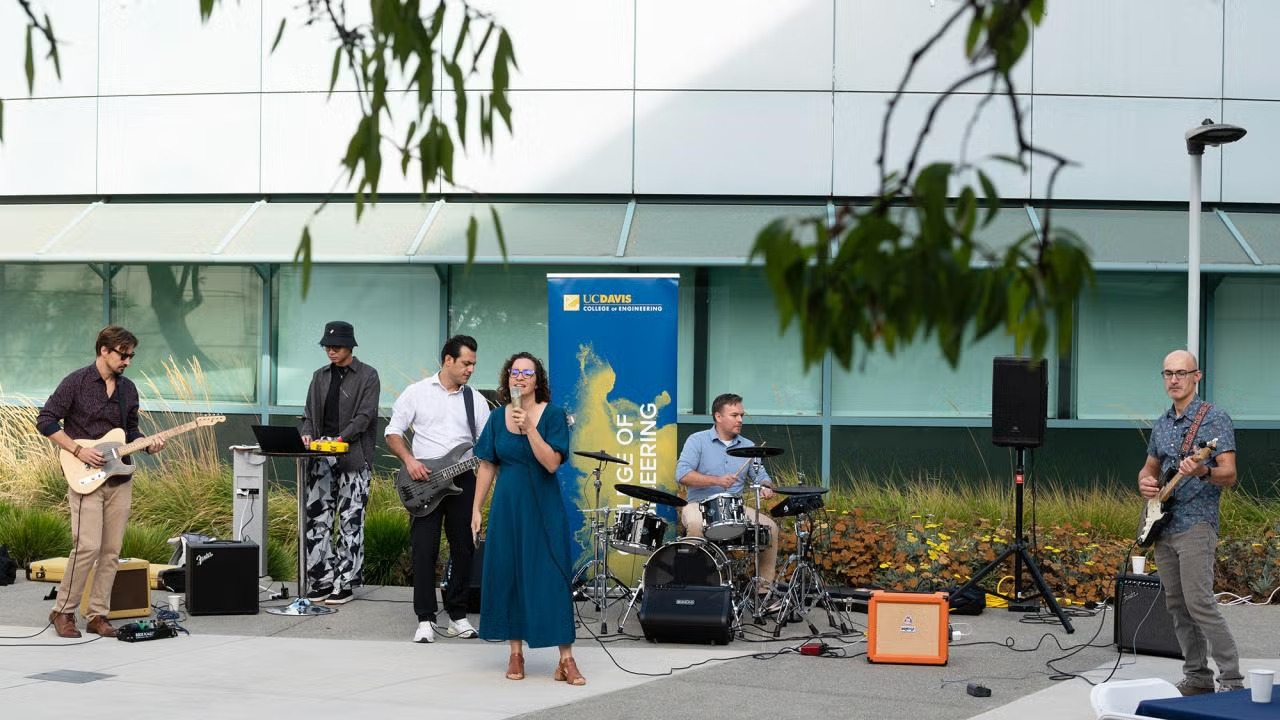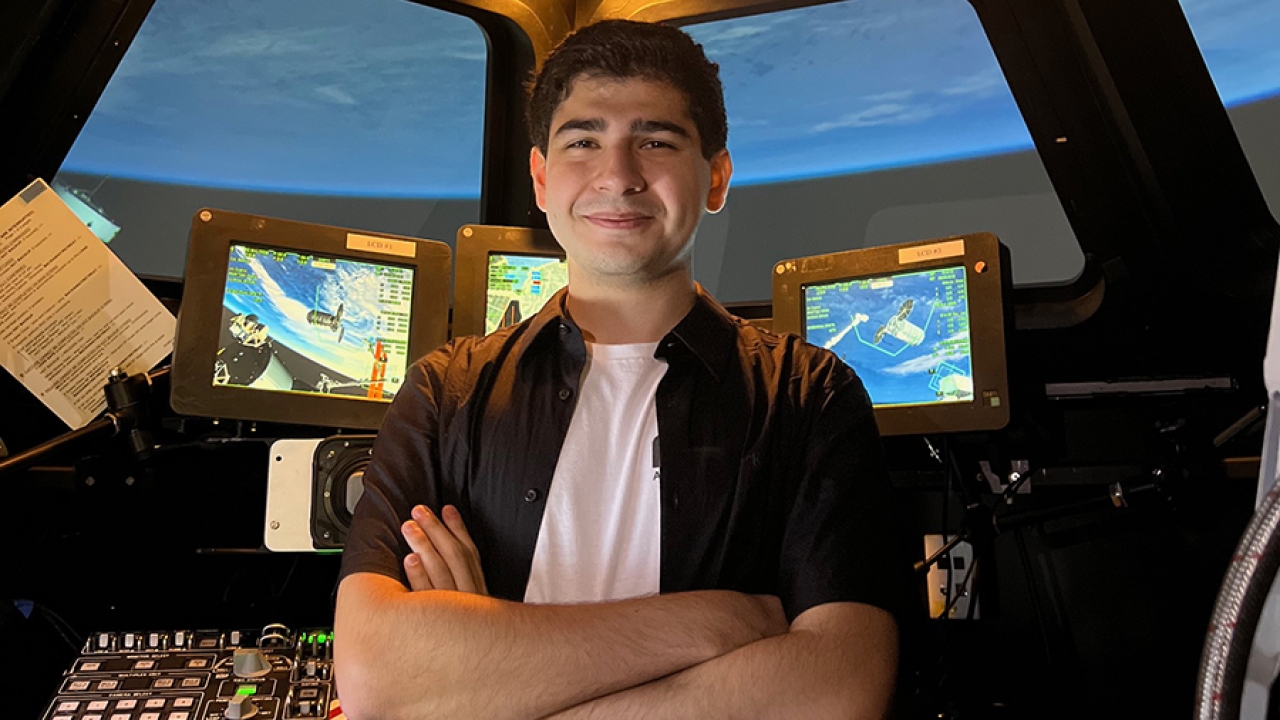Saif Islam Named Chair of Electrical and Computer Engineering Department
The Department of Electrical and Computer Engineering at the University of California, Davis, is pleased to announce Professor Saif Islam as its new chair, effective Jan. 1, 2025. He succeeds Distinguished Professor André Knoesen.

This marks the second time Islam has served as the department's chair, having previously served from 2017 to 2020. He is excited to apply the lessons learned from his first term to further the department's potential as a national leader for electrical and computer engineering, particularly in meeting the challenges set forth by the CHIPS and Science Act, which seeks to boost domestic semiconductor manufacturing with a $50 billion investment in American companies.
"Industry and the CHIPS and Science Act want us to train a huge number of new people," Islam said. "If we don't speed up now, we'll need decades to meet the demand that the industry wants us to meet in 2030."
Islam believes that the Department of Electrical and Computer Engineering at UC Davis has a vital role in solving this challenge due to its proximity to Silicon Valley and access to cutting-edge resources like the Center for Nano-MicroManufacturing. One way the department can leverage these advantages is by sparking community and encouraging faculty members to collaborate.
"We need to bring people together," he said. "Our department is equipped with the experts, tools and resources to meet a world where people are looking for more help with education and workforce training in areas such as domestic chip manufacturing and supply chain security, artificial intelligence and machine learning hardware performance, robotics, cybersecurity, quantum computing and advanced manufacturing."
He also aims to encourage faculty members to forge relationships with other researchers across the university to address interdisciplinary challenges often at the heart of electrical and computer engineering.
"Silicon Valley is known for its innovations in computer and electrical engineering, but at its core, it also thrives on material science and engineering, mechanical engineering, computer science, and a strong commitment to sustainability, driving designs that minimize environmental impact."
This emphasis on collaboration and recognizing that engineers are better positioned to solve global challenges by working together extends to his approach to leadership. He wants to initiate in-person retreats among faculty members to stimulate rich, strategic conversations about the department. He also wants to lead community-building activities, such as lunches that celebrate faculty members, staff and alumni for notable accomplishments.
"People say 40% of our happiness depends on our workplace," he said. "Simply teaching and doing research doesn't fulfill that 40% requirement. It takes a lot of social activities and shared experiences to create a sense of belonging and collective purpose. These formal or informal interactions foster the teamwork needed to make collective decisions that elevate our department."
Islam joined the department in 2004 after working in industry in the Bay Area. He received his Ph.D. in electrical engineering from UCLA in 2001. He also holds a Master of Science in physics from Bilkent University in Ankara, Turkey.
His research focuses on integrating low-dimensional materials in nanoscale electronic and photonics devices to develop new technologies for quantum sensing, energy harvesting and telecommunication.
In addition to serving as chair, Islam is the director of the Center for Information Technology Research in the Interest of Society and the Banatao Institute, or CITRIS, at UC Davis. He is also an elected fellow of the Institute of Electrical and Electronics Engineers, the American Association for the Advancement of Science, the Optical Society of America, the National Academy of Inventors and the Society of Photo-Optical Instrumentation Engineers.





